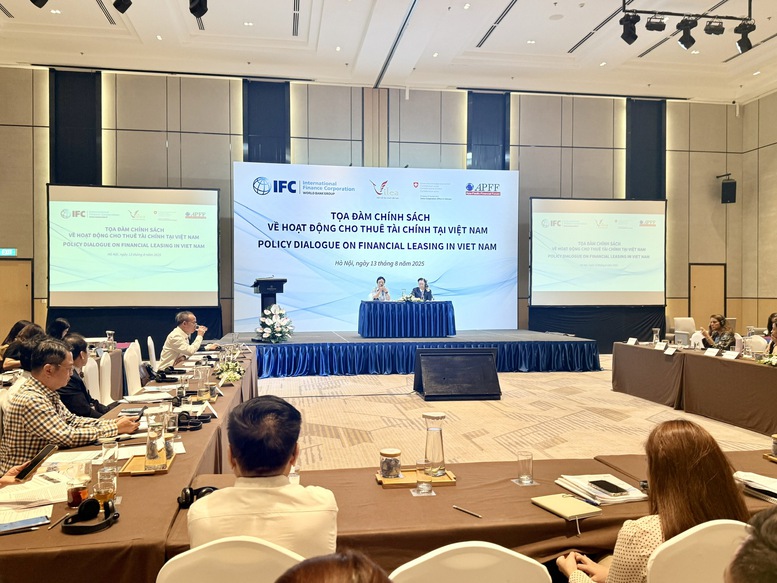
Opinions agree that financial leasing activities in Vietnam are currently very small in scale compared to their potential - Photo: VGP/HT
Small scale compared to potential
At the seminar on financial leasing activities held today, August 13, Dr. Pham Xuan Hoe, General Secretary of the Vietnam Financial Leasing Association, commented that financial leasing activities in Vietnam are currently very small in scale compared to their potential and have not received due attention.
This type appeared in Vietnam since 1992, at its peak there were 11 companies operating, but now there are only 9 companies (8 companies are operating, 1 company is restructuring). The total outstanding debt of the whole industry is about 47,000 billion VND, accounting for only 0.28% of the total outstanding credit of the economy . The number of leasing contracts is only about 15,000, equivalent to 1.5% of the number of enterprises and is much lower if we include 5.2 million business households.
Meanwhile, in Japan, South Korea or Taiwan (China), the rate of small and medium enterprises using financial leasing services is up to 70-80%. The advantage of this service is the ability to accept higher risks than commercial banks, meeting well the medium and long-term capital needs not only for machinery, equipment, means of transport but also intangible assets such as software, copyright, technology infrastructure, and exploitation licenses.
Dr. Pham Xuan Hoe added that Vietnam's economy is growing at 5-7% per year, leading to a huge demand for medium and long-term investment capital. Currently, Vietnam has nearly 1 million enterprises and more than 5 million business households, so the demand for innovation in machinery, production lines, medical equipment, means of transport, etc. is very high.
Four trends open up opportunities
Mr. Hoe pointed out four major trends that create room for financial leasing development: The demand for medium and long-term capital increases with economic growth; The demand for machinery and equipment in many fields, especially private healthcare with about 400 hospitals and 50,000 clinics; The trend of investing in green equipment and digital equipment to serve digital transformation, green transformation and sustainable development; The popularity of operating leases with payment based on time of use, meeting the flexible needs of businesses and consumers.
However, the average growth rate of the industry over the past 4 years has only reached 14.7%/year, equivalent to the general credit growth rate. The scale is small, the accompanying services are not yet developed, the bad debt ratio is below 3%, but according to Mr. Hoe, this level does not reflect the specific risk (it should be at 5-6% as per international practice).
Policy breakthroughs needed Mr. Hoe assessed that the "quad" of Resolutions 57, 59, 66 and 68 will create breakthroughs for this sector. Specifically, Resolution 57 will help expand the portfolio of rental assets; Resolution 68 will improve the legal framework; Resolution 59 will promote international cooperation, linking with foreign banks and companies and Resolution 66 will reform policy thinking.
Mr. JinChang Lai, Chief Expert of the International Finance Corporation, said that the minimum capital requirement of 24 million USD for a financial leasing company in Vietnam is too high compared to Indonesia (6 million USD). A 5-year roadmap should be applied to reach this level, while allowing the issuance of bonds secured by lease receivables and taking advantage of the real estate market to reduce capital costs. He also emphasized that many countries have their own laws or clear regulations in the Civil/Commercial Code, helping to determine legal relationships, ownership rights and bankruptcy handling mechanisms - something that Vietnam currently lacks.
According to Dr. Pham Xuan Hoe, some new regulations in Circular 26/2023/TT-NHNN have partly removed the credit limit for financial leasing companies, allowing working capital loans, electronic contract approval under 500 million VND... However, there are still limitations such as the electronic approval limit is too low, the regulation on reporting related customers at 0.5% of equity capital causes difficulties.
A representative of VietinBank Leasing Company Limited (VietinBank Leasing) said that Circular 26 has created more clarity for financial leasing activities, but it is still necessary to expand the asset portfolio, especially aircraft and passenger ships, and have a syndicated capital mechanism similar to banks. The company proposed to develop a transparent valuation policy, a mechanism to encourage private enterprises to access services and incentives to reduce competitive disadvantages compared to banks.
"With the change in management thinking and determination to implement by the authorities, financial leasing will be "awakened", becoming an important capital channel for small and medium enterprises and business households, contributing to promoting sustainable economic growth," Dr. Pham Xuan Hoe expressed his hope.
Mr. Hoe proposed expanding the list of leased assets to include ships, passenger aircraft, digital assets, software, copyrights, mining licenses, prefabricated steel buildings, etc. Raising the electronic approval level from 500 million to 1 billion VND. Amending Circular 79 to allow vehicle registration according to the lessee's address, connecting data to revoke vehicle badges. Adding the right to seize assets and tax and fee incentives similar to banks.
Huy Thang
Source: https://baochinhphu.vn/co-phai-thi-truong-cho-thue-tai-chinh-bi-bo-quen-102250813153724827.htm






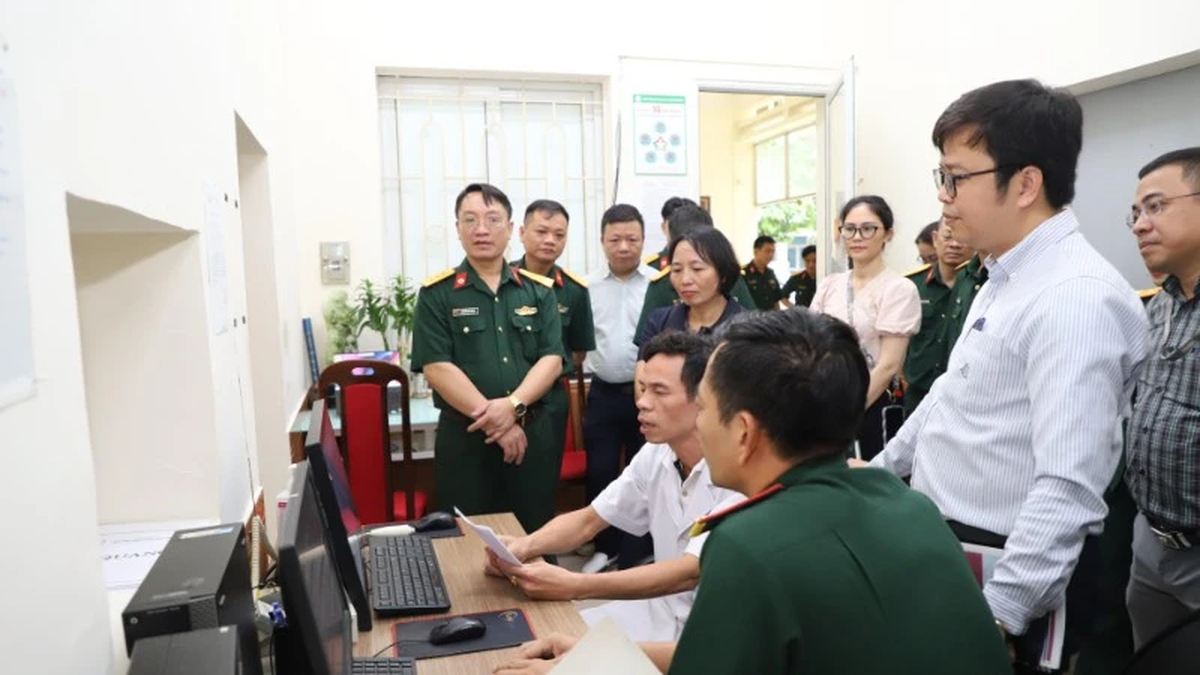
















![[Photo] The special solidarity relationship between Vietnam and Cuba](https://vphoto.vietnam.vn/thumb/1200x675/vietnam/resource/IMAGE/2025/8/15/5f06c789ab1647c384ccb78b222ad18e)
![[Photo] Prime Minister Pham Minh Chinh talks on the phone with Cambodian Prime Minister Hun Manet](https://vphoto.vietnam.vn/thumb/1200x675/vietnam/resource/IMAGE/2025/8/15/72d3838db8154bafabdadc0a5165677f)
![[Photo] Binh Khanh Bridge Ho Chi Minh City is ready to reach the finish line](https://vphoto.vietnam.vn/thumb/1200x675/vietnam/resource/IMAGE/2025/8/14/b0dcfb8ba9374bd9bc29f26e6814cee2)
![[Photo] Prime Minister Pham Minh Chinh attends a special art program called "Hanoi - From the historic autumn of 1945"](https://vphoto.vietnam.vn/thumb/1200x675/vietnam/resource/IMAGE/2025/8/15/c1c42655275c40d1be461fee0fd132f3)



![[Photo] Firmly marching under the military flag: Ready for the big festival](https://vphoto.vietnam.vn/thumb/1200x675/vietnam/resource/IMAGE/2025/8/15/86df2fb3199343e0b16b178d53f841ec)
















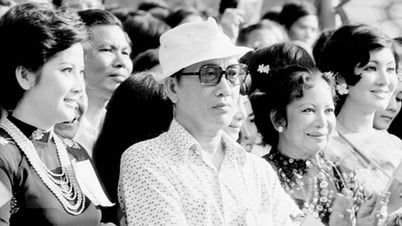





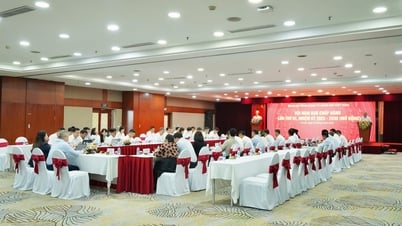





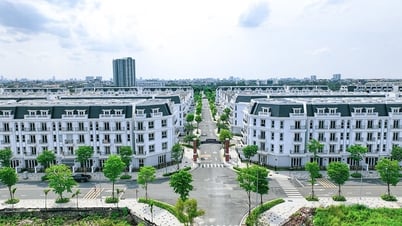


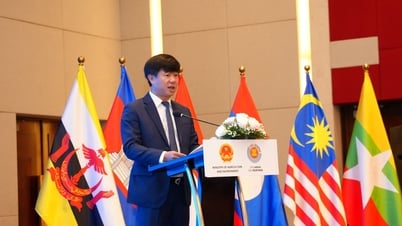

![[Photo] President Luong Cuong receives Finnish Ambassador to Vietnam Keijo Norvanto](https://vphoto.vietnam.vn/thumb/402x226/vietnam/resource/IMAGE/2025/8/15/9787f940853c45d39e9d26b6d6827710)





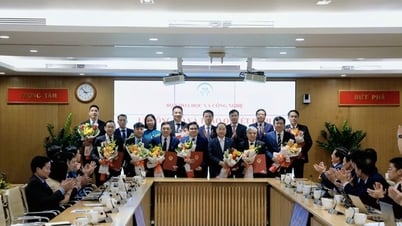

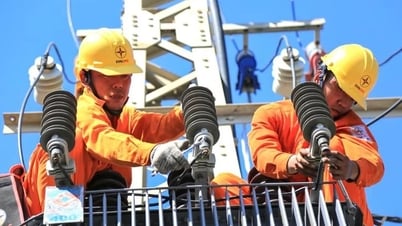






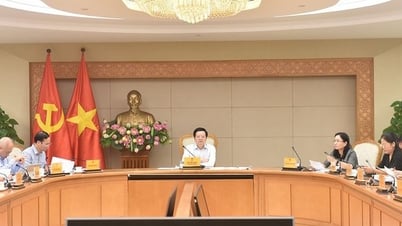





















Comment (0)